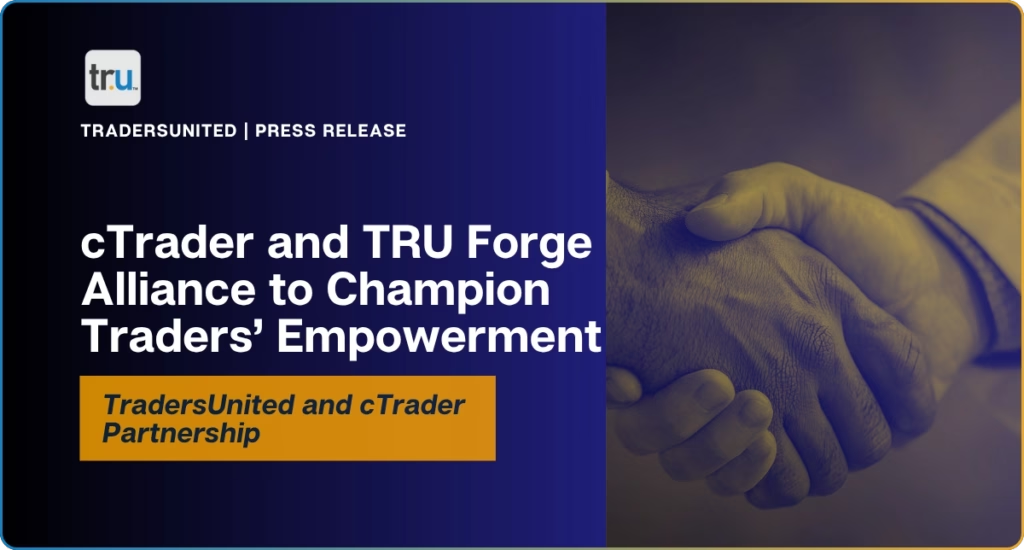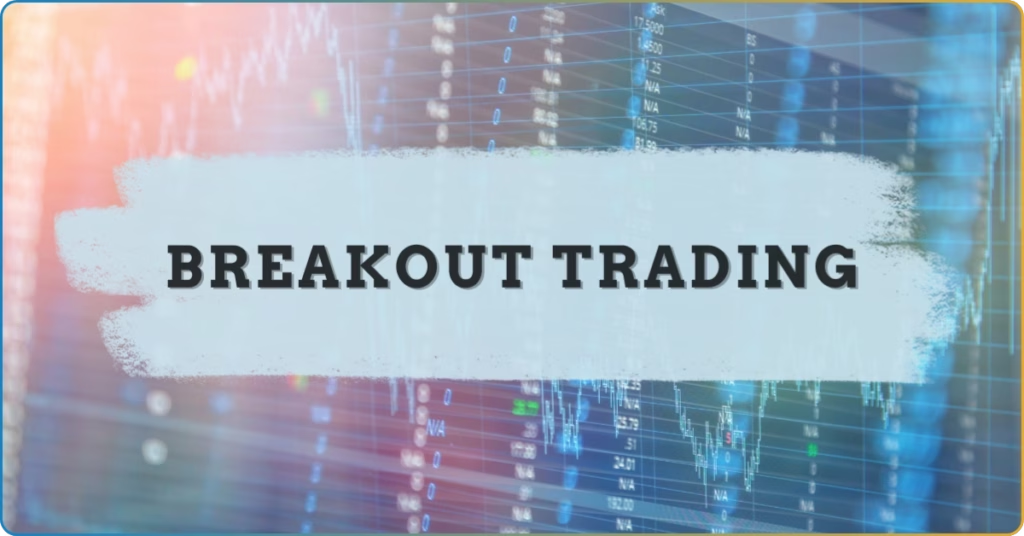There’s no denying the appeal of financial service providers (FSP) on the South African public. With access to the capital markets, FSPs allow investors to grow their capital and build better financial futures.
However, you must know that FSPs are not created equally. Some are indeed valuable to your investment strategies; however, there’s still the lurking risk of dealing with an unethical FSP.
In this TRU Insight, we’ll walkthrough the importance of finding and dealing with an FSCA-regulated financial service providers. Read on and learn why this could help you remove the “un-” from profitability.
Quick Overview: What Are Financial Service Providers?
As its name suggests, a financial service provider (FSP) is an entity (individual or institution) that allows the public access to different financial tools to manage their money or address finance-related needs.
FSPs make the financial markets thrive as they facilitate monetary transactions within the market. Without them, individuals may have difficulty accessing the financial environment.
Traditionally, institutional banks led the market. However, technological advancement incepted the financial technology (fintech) sector.
This sector utilizes new and sophisticated technologies to make financial services accessible to almost all, especially to unbanked or underbanked individuals.
Examples of Financial Service Providers
There are now growing types of financial service providers to cater to the diverse needs of individuals.
Despite their varying functions and benefits, FSPs share a core purpose – facilitating financial transactions and driving economic growth.
Here are the five primary types of financial service providers:
| Central Banks | Government-operated bank that’s responsible for monetary policy and regulation of all banks operating within the country. |
| Retail and Investment Banks | Privately-owned banks that provide banking services to clients (institutional, SME, and individual clients) to access the capital market. |
| Investment Companies | Enterprises that pool money from public investors on a collective basis and distribute profits according to their investment share. |
| Online Brokerage Firms | Regulated companies that provide financial market access to retail traders. |
| Insurance Companies | Regulated companies that hedge potential financial losses in the future by capitalizing on the current market situation. |
There are various financial service providers, and these five are the primary types.
But remember, irrespective of your chosen FSP type to hire, you must always check and validate the company’s regulatory compliance. This is the only way to ensure your investment remains safe in the financial markets.
Regulatory Compliance Is a MUST!
Again, the regulatory compliance of your financial service provider should be at the top of your priorities.
Authorized regulators are at the forefront of the financial markets – functioning to oversee all financial operations within the jurisdiction to ensure market integrity. With their oversight, investors and financial service providers remain safe against money laundering and financial terrorism.
For retail investors like you, dealing with a regulated FSP ensures that the service you get undergoes strict quality control and operation compliance. This limits, if not eliminates, the potential of transacting with a scam financial service provider.
If the unimaginable happens (getting scammed and losing money), you can report the case to its regulator for a client-oriented resolution. This ultimately presents an opportunity to recover your lost investment and potential income.
In South Africa, the Financial Sector Conduct Authority (FSCA) oversees all the financial operations and transactions.
The Significance of an FSCA’s FSP License to Your Investment
Your broker’s FSP license could be your gateway to a fair resolution and potential capital recovery.
As per the South African financial sector law, a regulatory license is necessary for all financial service providers.
The Financial Intermediary and Advisory Services Act (FAIS Act) Section 37 of 2002 mandates all entities to bear the necessary FSP license before they can solicit investments from the public.
The Financial Sector Conduct Authority (FSCA) is the appointed regulatory body of the South African Reserve Bank (SARB) to ensure the integrity of the South African financial landscape. Despite starting too lenient, the FSCA is now cooperating with the Financial Action Task Force (FATF) to remove the country from the financial grey list.
A country grey-listed by the FATF is determined to have weak regulatory measures or strategies to combat money laundering and financial terrorism.
How to Validate Financial Service Providers in South Africa
Since regulatory compliance is a deciding factor for an investor to transact with an FSP, it became a practice for companies to list all the relevant licenses on their websites.
Their regulators and license numbers are typically included in their company descriptions on the website footer. Such pieces of information are also included in the following company documents:
- Terms & Conditions
- Regulatory Licenses
- Anti-Money Laundering and Combating the Financing of Terrorism (AML/CFT) Compliance
However, did you know that relying solely on the information flashed on the website could drag your investment down the drain? This is because the company can include fraud or stolen information on its website to create an impression of legitimacy.
So, the best way to validate the credibility of the service provider is by cross-checking the company’s information on its regulator’s website.
All reputable regulators have an accessible and functional entity search for the public’s reference.
In the case of the FSCA, you can go to this website: https://www.fsca.co.za/Fais/Search_FSP.htm
Simply copy and paste at least one company information on the appropriate field:
- FSP License Number
- FSP Name
Aside from the two fields, you can also start by searching for an FSCA-regulated company per postal code or person.
Why Should You Deal Only with FSCA-Regulated Financial Service Providers?
The South African financial service sector is extremely complex as it carries a significant stake. That reason alone is your call to action to transact only with an FSCA-regulated financial service provider.
But more than that, FSCA regulation is beneficial as it provides you with a chance to resolve your dispute and recover investment or income losses from an FSCA-regulated broker.















